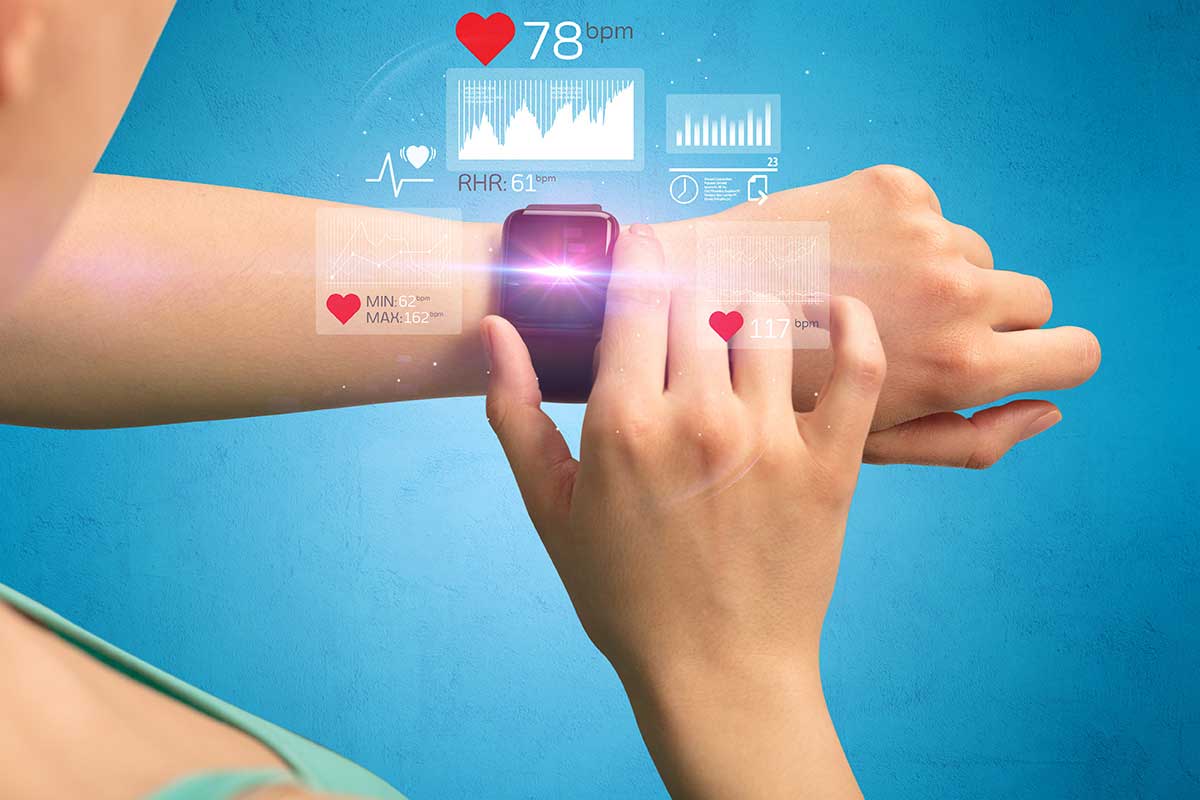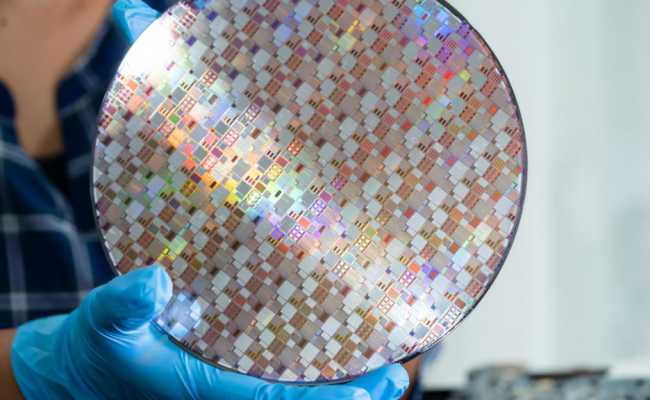Today, most people expect their mobile and portable electronic devices to have the Internet of Things (IoT) capability. However, it wasn’t until the emergence of ultra-low-power solutions, such as ultra-low-power processors, that enabled network-connected and cloud-based technologies to flourish.
In recent years, product engineers have looked to embedded microcontrollers focused on ultra-low power. Powered by ultra-low-power microcontroller units (MCUs), edge devices like smartphones and smartwatches can offer more computing yet still maintain long battery life.
With the emergence of ultra low power applications such as remote IoT edge devices, power consumption has overtaken processing power as the critical selection factor in embedded applications. This shift drives the explosive growth of ultra-low-power microcontrollers, which will play a vital role in the future of electronics and computing.
In this post, we’ll examine why ultra-low power is the way forward for electronics.

1. We Need to Conserve Energy
Simply put, we could be doing a better job as a species when it comes to conserving energy. Energy conservation has multiple benefits, especially in cutting energy costs and preserving our resources for more prolonged use. Saving energy also leads to reduced living expenses and ensures that affordable energy is available for future generations.
An easy way to conserve energy is by unplugging electronic devices and chargers when they aren’t in use. However, built-in power savings brought on by ultra-low-power MCUs also significantly improve battery life and energy efficiency. As our devices become more mobile and portable, ultra-low-power devices will play a greater role in our lives.
2. We Have A Responsibility to the Environment
No matter who you are, everyone leaves behind a carbon footprint, contributing to harmful carbon emissions that affect climate change. Alongside how often you travel, a key factor in determining your carbon footprint is your home’s energy usage.
In the past, we only had to consider plugged-in appliances and products, but now mobile and portable electronic devices also make up the energy equation. Using devices not optimized for ultra-low power increases your environmental impact, not to mention increasing your energy bill. Some smart devices, like smart thermostats, can cut down on the energy used to heat spaces in the home.
3. We Won’t Always Have Access to a Power Source
In countries with less developed power infrastructures, edge devices need to be able to count on long-lasting battery life. That is made possible with ultra-low-power processors, which enable devices like smartwatches and fitness trackers to meet today’s tech consumers’ high demands while maintaining good battery life.

Not only do today’s edge devices need to be always-on, compact, mobile, and secured, but they also need to be battery-powered and energy-efficient. These requirements must also be packed into a self-constrained system includes sensing, data storage, analysis, inference, and communication in a 1mW power budget.
4. ULP Solutions Will Improve Our Quality of Life
Besides greater battery efficiency and lower energy usage, devices powered by ultra-low-power solutions can bring improvements to our overall quality of life. For example, wearable devices can now monitor our health information continuously or offer always-on voice command functionality.
When edge devices can do more on less power, it opens the door for new applications and use models. An overall improvement in battery life has increased the number of IoT-enabled devices around us. With more connectivity and capabilities, ultra-low-power devices can better incorporate into our daily lives and make them more convenient.
Leading the Ultra-Low-Power Revolution
When it comes to the ultra-low-power revolution, Ambiq is leading the way with our Apollo processor line. Specifically, Apollo4 is lapping the field when it comes to SoC power consumption. Compared to the top of the line products from other SoC providers, Ambiq’s Apollo4 requires a mere fraction of the power that they need to run.
Simply put, devices powered by Apollo4 will enjoy a much longer battery life, thanks to the SPOT® platform. Certain smartwatches and fitness bands can go 21 days without recharging, compared to only five days when using our competitors’ products.
Designers must decide if they want longer operation times or a lower manufacturing price. For the tech customer, however, it’s a natural choice. When users need to charge their IoT devices less frequently, they can enjoy a more convenient and improved user experience.

